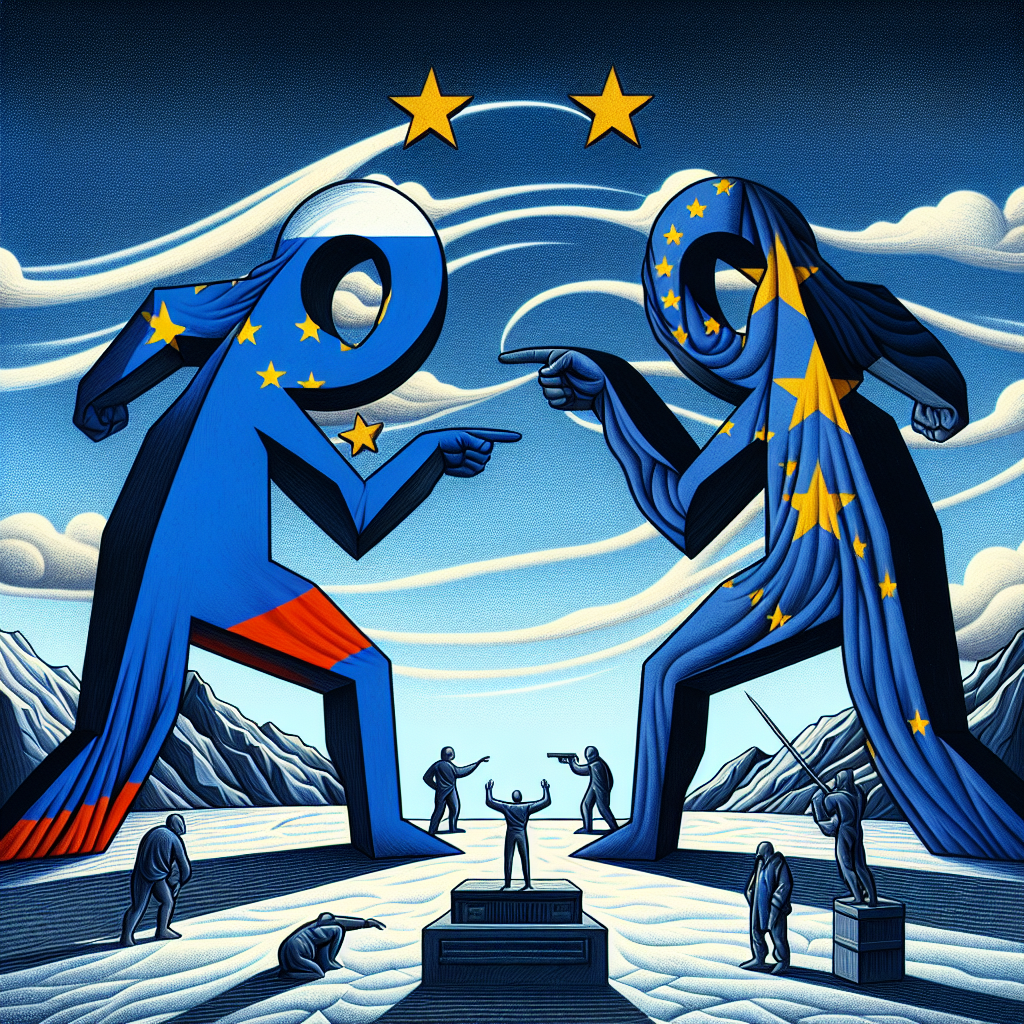Kremlin Accuses EU of Prolonging Conflict
Kremlin Accuses EU of Prolonging Conflict
Overview
The Kremlin has recently accused the European Union of exacerbating ongoing tensions and prolonging the conflict in Eastern Europe. This accusation comes amidst heightened geopolitical tensions and ongoing military engagements in the region.
Key Accusations
- Military Support: The Kremlin claims that the EU’s continued military support to Ukraine is intensifying the conflict.
- Sanctions: Economic sanctions imposed by the EU are seen as a tool to weaken Russia’s position, further straining relations.
- Diplomatic Stance: The EU’s diplomatic stance is perceived as biased, favoring Ukraine and isolating Russia.
EU’s Response
The European Union has defended its actions, stating that its support is aimed at maintaining regional stability and upholding international law. The EU argues that its measures are necessary to counteract aggression and support sovereign nations.
Implications for International Relations
- Increased Tensions: The accusations contribute to rising tensions between Russia and the EU, complicating diplomatic efforts.
- Global Impact: The conflict and the EU’s involvement have broader implications for global security and economic stability.
- Future Negotiations: The ongoing accusations may hinder future peace negotiations and diplomatic resolutions.
Conclusion
The Kremlin’s accusations against the EU highlight the complex dynamics of the Eastern European conflict. While the EU maintains its stance on supporting Ukraine, the Kremlin views these actions as prolonging the conflict. This situation underscores the challenges in achieving a peaceful resolution and the potential for further geopolitical ramifications.














